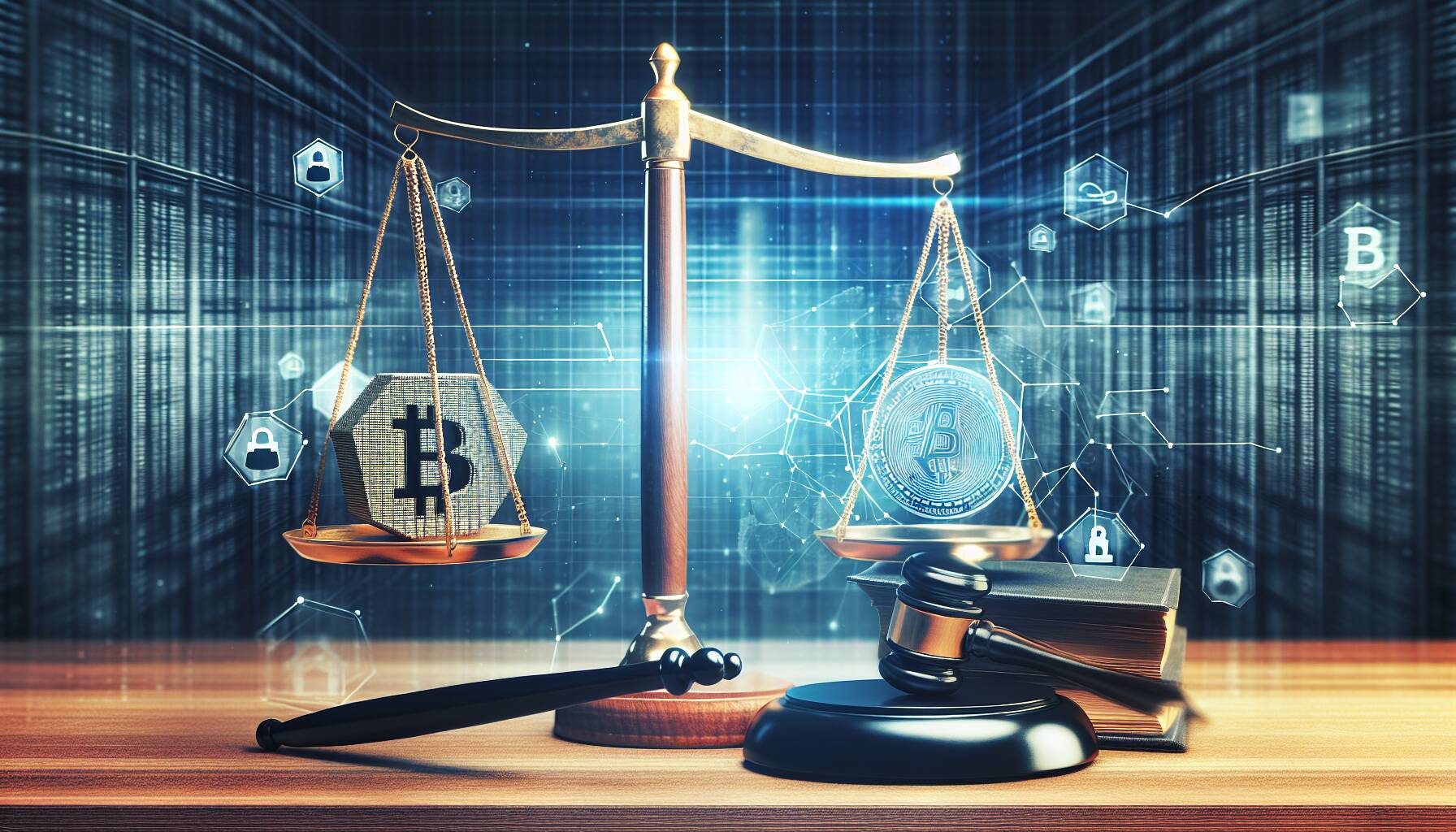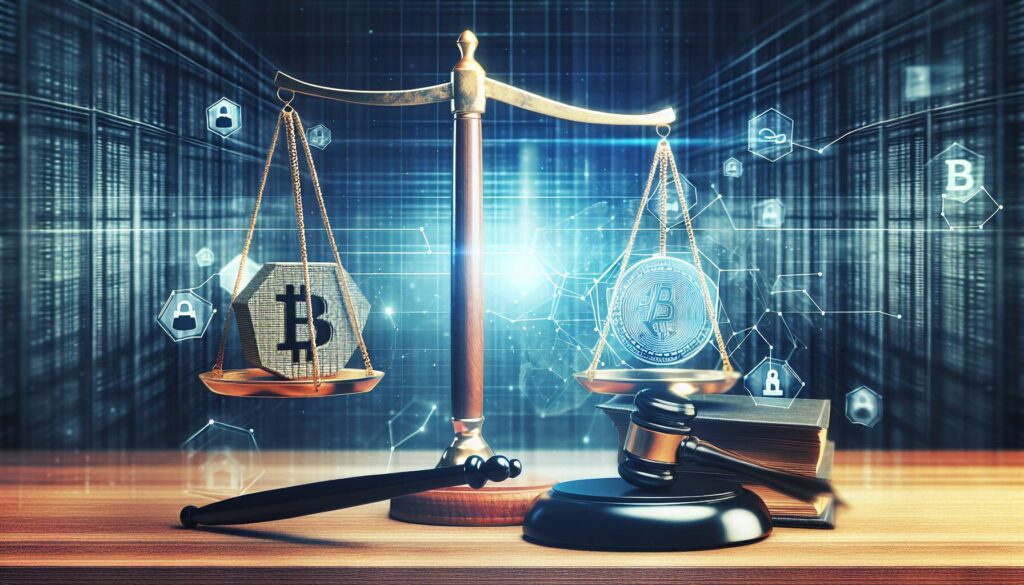The long-standing legal saga between the SEC and Ripple is inching towards resolution as both parties have taken significant steps to end their contentious battle. In a recent motion filed in Manhattan federal court, they are seeking to dissolve an injunction related to the case, while simultaneously aiming to release a substantial $125 million civil penalty that has been held in escrow.
According to the proposal, which highlights a cooperative desire to resolve lingering disputes, $50 million of the penalty would be allocated to the SEC and the remaining $75 million would return to Ripple. The motion, invoking Federal Rules 60(b)(6) and 62.1, emphasizes “exceptional circumstances” as a reason for reopening the final judgment. This change reflects shifting regulatory perspectives within the SEC as both sides expressed a mutual interest in avoiding the complications of further litigation.
“The desire to settle outstanding appeals in the Second Circuit underscores a concerted effort by both parties to steer clear of another year of courtroom disputes,”
The origins of this legal confrontation can be traced back to 2020 when Ripple was accused of conducting a staggering $1.3 billion in unregistered XRP sales. A court-approved settlement would not only clear remaining legal uncertainties but could also amplify the demand for the XRP token, which has seen growing interest in the cryptocurrency market.

Ripple-SEC Legal Battle Resolution
Key points from the recent developments in the Ripple and SEC case:
- Joint Motion Filed: The SEC and Ripple have filed a motion to dissolve the injunction and release a $125 million civil penalty.
- Distribution of Funds: $50 million is proposed for the SEC, while $75 million will be returned to Ripple.
- Exceptional Circumstances Claimed: The motion cites changing regulatory attitudes at the SEC as a reason for reopening the final judgment.
- Avoiding Further Litigation: Both parties aim to prevent the case from extending into more courtroom disputes.
- Settlement of Appeals: The move seeks to resolve outstanding appeals in the Second Circuit.
- Legal Uncertainty Removal: A court-approved final settlement would eliminate remaining legal doubts around XRP.
The implications of this case resolution could significantly impact the cryptocurrency market, particularly for XRP investors, as it may lead to increased confidence and demand for the token.
Ripple and SEC: A Shift in the Crypto Legal Landscape
The recent joint motion filed by Ripple and the SEC marks a significant turning point in the ongoing saga surrounding XRP, one of the most high-profile cases in cryptocurrency regulation. By seeking to dissolve the injunction and settle the $125 million civil penalty, both parties show a willingness to adapt to the rapidly changing environment of digital asset enforcement. This move exhibits a competitive edge for Ripple, allowing them to clear the legal clouds that have overshadowed their operations and restore faith in the XRP token.
However, while this alliance may benefit Ripple by providing clearer regulatory frameworks and renewing interest in XRP, it may raise concerns among other crypto entities facing similar scrutiny. Projects potentially implicated in unregistered token sales might feel the heat as the SEC emphasizes their intent to enforce compliance rigorously. This shift could create a tightening regulatory atmosphere, putting pressure on those who do not have the legal backing or financial resources to negotiate settlements.
For investors, the successful resolution bodes well as it bolsters confidence in the cryptocurrency market, likely increasing XRP’s market value and appeal. Hypothetically, this could entice new investors who had previously been cautious due to institutional litigation risks. Conversely, established players with pending legal issues might find themselves at a disadvantage, as this development highlights an approach toward resolving disputes that they may not be able to leverage.
Ultimately, this joint move not only reflects a nuanced understanding between regulatory bodies and crypto firms but also sets a precedent that could influence the operational landscape for cryptocurrencies significantly. It is a win for Ripple, but a potential harbinger of stricter compliance demands across the industry.
















